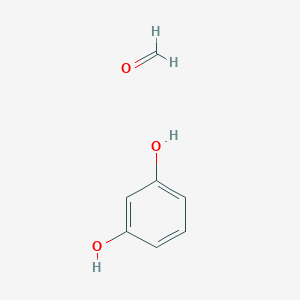Catalyst and Auxiliary
- • Antioxidants (109)
- • UV Absorbers (92)
- • Polyethylene Glycol Derivatives (66)
- • Fluorescent Brightener (62)
- • Plastic Rubber Chemicals (89)
- • Polymer (464)
- • Precious Metal Catalysts (239)
- • Coupling Agent (8)
- • Zeolite (5)
- • Flame Retardants (10)
- • Petrochemical (22)
Related News
-
Gulbrandsen to Increase PE Wax Capacity and Build New Polymer Plant in India
2025-03-25 -
Shell begins operations at polymers plant in Pennsylvania
2022-11-24 -
How are polymers broken down and its uses
2022-09-28 -
What Reaction Is Used To Break Down Polymers?
2022-08-22 -
Cut Off The 'Gas' Warning! Chemical Giants Such As BASF And Covestro Speak Out Urgently!
2022-04-28 -
What Type of Reaction Links Monomers to Make Polymers and Its Uses
2022-03-16
Formaldehyde-phenol copolymer
(9003-35-4)-
Industrial grade / 99%
-
Chemical Grade / 99%
$1/KG FOB
-
Industrial Grade / 70%
-
Industrial Grade / 99.5%
Request for quotation , get quotes from more suppliers.
Formaldehyde-p-toluenesulfonamide copolymer
(25035-71-6)-
Industrial Grade / 99%
-
![Toluenesulfonamide formaldehyde resin buy Toluenesulfonamide formaldehyde resin]()
-
![Toluenesulfonamide formaldehyde resin buy Toluenesulfonamide formaldehyde resin]()
Industrial Grade / 99%
-
![poly(P-toluenesulfonamide-co-formaldehyde) buy poly(P-toluenesulfonamide-co-formaldehyde)]()
usp / 99%
$10/KG EXW
Request for quotation , get quotes from more suppliers.
Fatty acids, C18-unsatd., dimers, reaction products with polyethylenepolyamines
(68410-23-1)-
Industrial Grade / 99%
-
Industrial Grade / -
-
![Fatty acids, C18-unsatd., dimers, reaction products with polyethylenepolyamines buy Fatty acids, C18-unsatd., dimers, reaction products with polyethylenepolyamines]()
Industrial Grade / 99%
-
![Polyamide Resins buy Polyamide Resins]()
Request for quotation , get quotes from more suppliers.
FLUORIDE ON AMBERLYST(R) A-26
(39339-85-0)-
![FLUORIDE ON AMBERLYST(R) A-26 buy FLUORIDE ON AMBERLYST(R) A-26]()
Industrial Grade / 99.00%
-
![FLUORIDE ON AMBERLYST(R) A-26 buy FLUORIDE ON AMBERLYST(R) A-26]()
-
![FLUORIDE ON AMBERLYST(R) A-26 buy FLUORIDE ON AMBERLYST(R) A-26]()
-
![FLUORIDE ON AMBERLYST(R) A-26 buy FLUORIDE ON AMBERLYST(R) A-26]()
Industrial Grade / 99%
Request for quotation , get quotes from more suppliers.
-
Industrial Grade / 99%
-
![Poly(ethyleneglycol) 2-[ethyl[(heptadecafluorooctyl)sulfonyl]amino]ethyl ether CAS NO 29117-08-6 buy Poly(ethyleneglycol) 2-[ethyl[(heptadecafluorooctyl)sulfonyl]amino]ethyl ether CAS NO 29117-08-6]()
Industrial Grade, Feed Grade, Food Grade, Pharma Grade / 99%
$11.11/KG EXW
-
![Poly(ethyleneglycol) 2-[ethyl[(heptadecafluorooctyl)sulfonyl]amino]ethyl ether buy Poly(ethyleneglycol) 2-[ethyl[(heptadecafluorooctyl)sulfonyl]amino]ethyl ether]()
-
![Poly(ethyleneglycol) 2-[ethyl[(heptadecafluorooctyl)sulfonyl]amino]ethyl ether buy Poly(ethyleneglycol) 2-[ethyl[(heptadecafluorooctyl)sulfonyl]amino]ethyl ether]()
Industrial Grade / 99%
Request for quotation , get quotes from more suppliers.
Source Polymer Products Supply
Formaldehyde-resorcinol copolymer
(24969-11-7)-
![RESORCINOL-FORMALDEHYDE RESIN CAS NO 24969-11-7 buy RESORCINOL-FORMALDEHYDE RESIN CAS NO 24969-11-7]()
Industrial Grade, Feed Grade, Food Grade, Pharma Grade / 99%
$11.11/KG EXW
-
![RESORCINOL-FORMALDEHYDE RESIN buy RESORCINOL-FORMALDEHYDE RESIN]()
-
![RESORCINOL-FORMALDEHYDE RESIN buy RESORCINOL-FORMALDEHYDE RESIN]()
-
![RESORCINOL-FORMALDEHYDE RESIN buy RESORCINOL-FORMALDEHYDE RESIN]()
Industrial Grade / 99%
Request for quotation , get quotes from more suppliers.
-
![Octyl-phenolic tackifying resin buy Octyl-phenolic tackifying resin]()
usp / 99%
$10/KG EXW
-
![Octyl-phenolic tackifying resin buy Octyl-phenolic tackifying resin]()
Industrial Grade / pharmaceutical grade / 99%
-
![Formaldehyde, polymer with 4-(1,1,3,3-tetramethylbutyl)phenol buy Formaldehyde, polymer with 4-(1,1,3,3-tetramethylbutyl)phenol]()
-
Request for quotation , get quotes from more suppliers.
Formaldehyde, polymer with N1,N2-bis(2-aminoethyl)-1,2-ethanediamine and phenol
(32610-77-8)-
![DUOLITE A-7 ION-EXCHANGE RESIN buy DUOLITE A-7 ION-EXCHANGE RESIN]()
Industrial Grade / 99.00%
-
![DUOLITE A-7 ION-EXCHANGE RESIN buy DUOLITE A-7 ION-EXCHANGE RESIN]()
Request for quotation , get quotes from more suppliers.
More Information
Polymers are large macromolecules formed from the combination of monomers which are small molecules. These materials are characterized by their high tensile strength, flexibility and chemical resistance and find wide application. Polymer clay is one of the types of synthetic polymers which have found its use in arts and crafts because of its flexibility and strength. Polymers are applied in several commodities and industries and may range from the simplest consumer products to the most complex industrial applications.
Polymers have several benefits and one of the biggest is that they are versatile. To this end, manufacturers can modify the chemical composition of polymers to meet certain property standards such as increasing tensile strength or increasing thermal stability. This flexibility in modification makes polymers ideal to be used in the manufacturing of anything from lightweight packaging materials to high-performance construction components.
Applications of polymers:
Auto parts for weight loss as well as fuel economy.
Prosthetics and implants which are medical devices.
Electrical components because of their capability to insulate.
Lightweight but strong and sturdy packaging material.
Polymer clay for decorative purposes and other purposes such as crafts.
Construction materials for strength and elasticity.








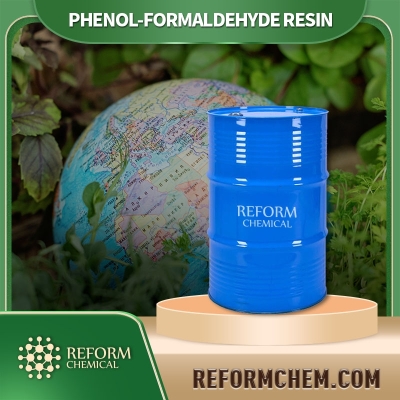


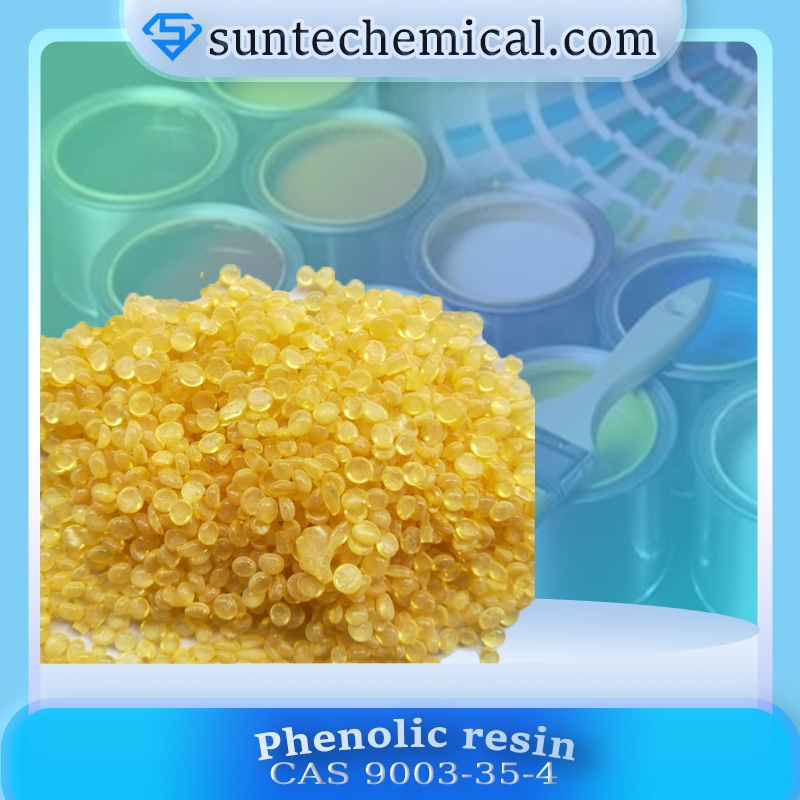
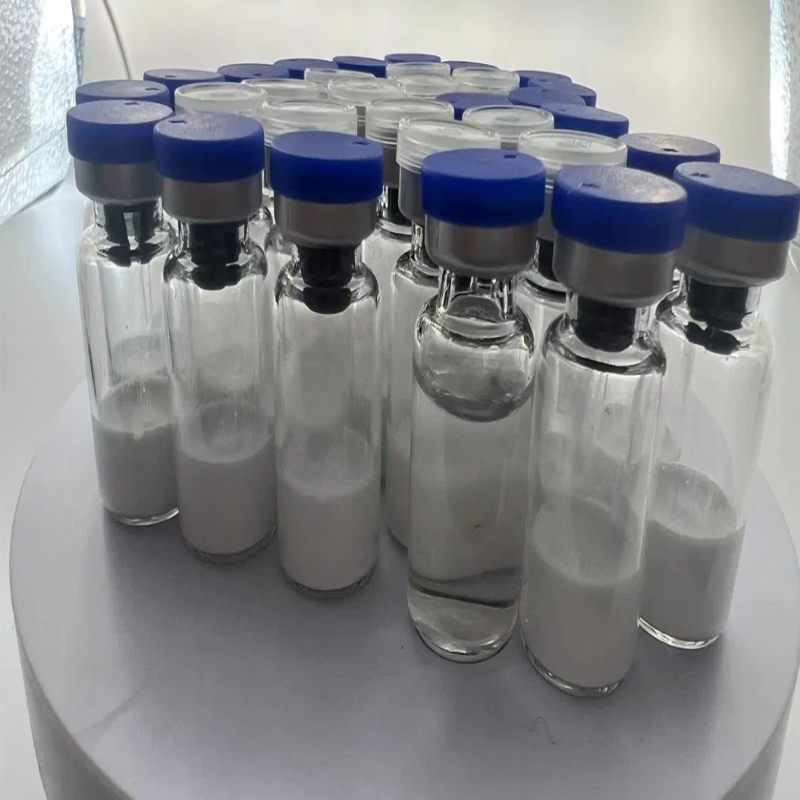






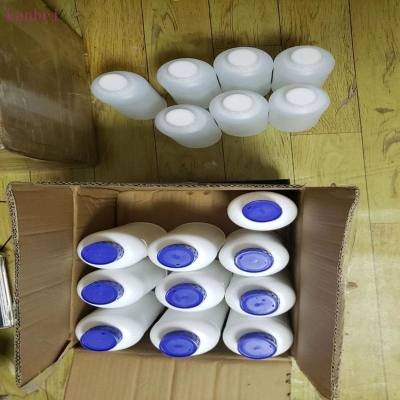
![Poly(ethyleneglycol) 2-[ethyl[(heptadecafluorooctyl)sulfonyl]amino]ethyl ether CAS NO 29117-08-6 buy Poly(ethyleneglycol) 2-[ethyl[(heptadecafluorooctyl)sulfonyl]amino]ethyl ether CAS NO 29117-08-6](https://file.echemi.com/fileManage/upload/cas/650/78925507-9747-4ed6-99de-df2a7ad60a7f.png)
![Poly(ethyleneglycol) 2-[ethyl[(heptadecafluorooctyl)sulfonyl]amino]ethyl ether buy Poly(ethyleneglycol) 2-[ethyl[(heptadecafluorooctyl)sulfonyl]amino]ethyl ether](https://file.echemi.com/fileManage/upload/canonicalSmiles/20220811/f9f4e727b6814f3696d904098f1ba107.png)
